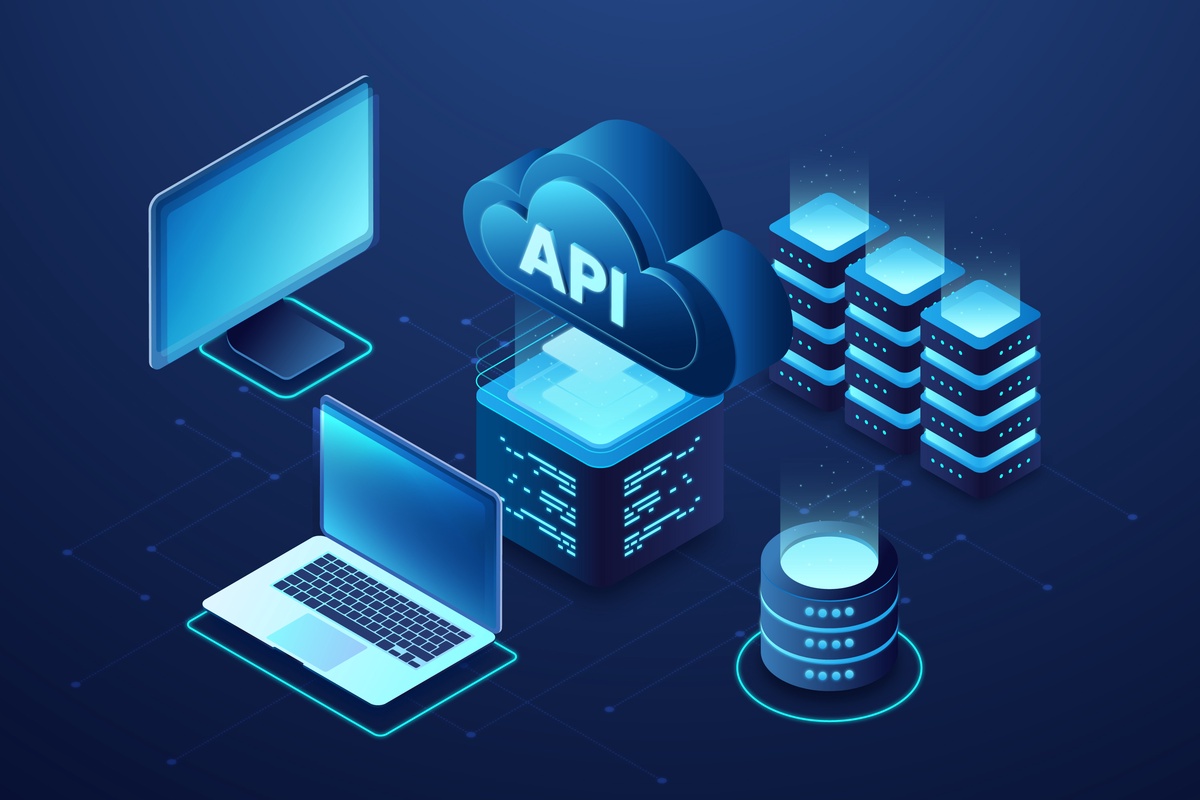In an era defined by technological advancement, the intersection of software development and healthcare has yielded transformative outcomes. The marriage of code and medicine has revolutionized patient care, research, and the entire healthcare ecosystem. This article delves into the profound impact of software development on modern healthcare and how innovative technologies are shaping the future of medical practices.
Introduction
The integration of software development into healthcare has transcended traditional boundaries, fostering a synergy that enhances patient outcomes and healthcare processes alike. From electronic health records to AI-powered diagnostics, the impact of software development can be witnessed across every facet of the medical landscape.
Digitizing Patient Records
Gone are the days of paper-based medical records and files. Software developers have pioneered the digitization of patient records, enabling healthcare providers to access critical information securely and instantaneously. This digital transition has streamlined administrative tasks, reduced errors, and empowered clinicians with data-driven insights.
Streamlining Clinical Workflows
Software solutions have reshaped clinical workflows, optimizing resource allocation, appointment scheduling, and patient management. Customized applications and integrated systems ensure that medical practitioners can focus more on patient care and less on administrative overhead.
Telemedicine and Remote Patient Care
The COVID-19 pandemic accelerated the adoption of telemedicine, allowing patients to receive medical consultations and care remotely. Software development teams have created platforms that facilitate virtual appointments, prescription delivery, and remote monitoring, expanding healthcare accessibility and convenience.
Advancements in Medical Imaging
Sophisticated software tools have revolutionized medical imaging, enhancing the accuracy and depth of diagnostics. From 3D visualization to AI-powered image analysis, software-driven innovations have enabled healthcare professionals to detect anomalies and make informed decisions with unprecedented precision.
Precision Medicine and Data Analytics
The marriage of software development and data analytics has unlocked the potential of precision medicine. Through the analysis of large datasets, software algorithms can identify genetic markers, predict disease risks, and tailor treatment plans based on individual patient profiles.
Enhancing Medical Research
Software-driven advancements have accelerated medical research by enabling data sharing, collaboration, and complex simulations. From drug discovery to genomics research, software tools have reduced time and costs, propelling scientific breakthroughs.
Overcoming Challenges
While software development has brought remarkable improvements to healthcare, challenges such as data security, interoperability, and ethical considerations persist. Striking a balance between innovation and patient privacy remains a critical concern.
Future Horizons
The future of healthcare software development is promising. AI-driven diagnostics, blockchain-enabled data security, and wearable health tech are poised to reshape patient experiences and treatment methodologies. These technologies hold the potential to personalize care, enhance preventive measures, and usher in a new era of patient-centric healthcare.
Conclusion
The fusion of software development and healthcare has ushered in an era of unprecedented possibilities. As developers continue to innovate, medical practices will become more efficient, accurate, and accessible. From digitizing patient records to propelling medical research, the impact of software development on modern healthcare is nothing short of remarkable.


No comments yet